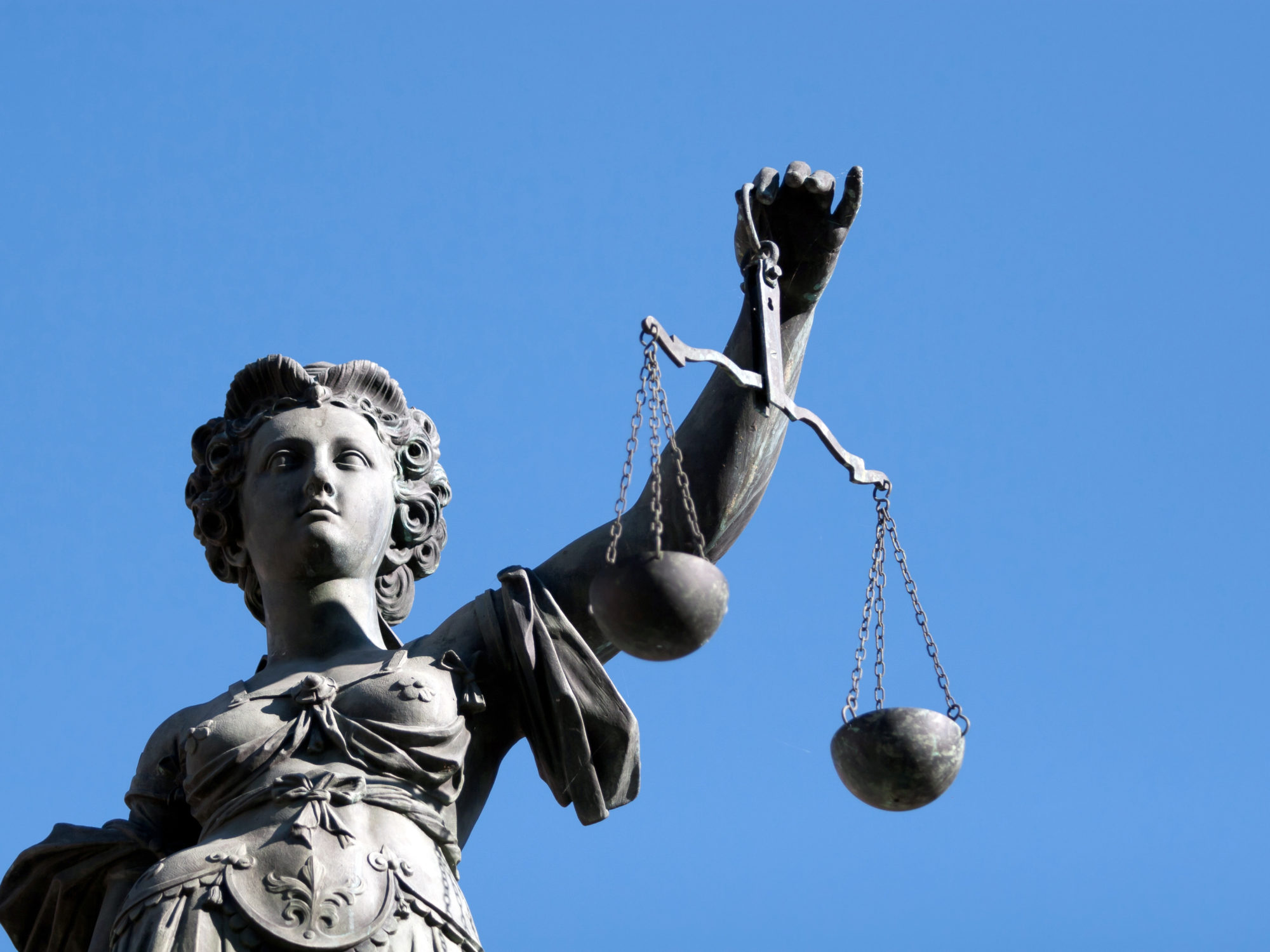Exactly 20 years ago today, the Ohio Supreme Court issued its ruling in State ex rel. Ohio Academy of Trial Lawyers v. Sheward, holding House Bill 350 unconstitutional in its entirety. The lessons of this case cannot afford to be forgotten, lest we allow history to repeat itself.
This was a case of monumental importance, for two different reasons. First, HB 350 was a major piece of critical, pro-business legislation enacted in 1996. It was a tort reform law, carefully and responsibly enacted by the Ohio General Assembly, that gave Ohio businesses protections against frivolous lawsuits and extravagant settlements. Strongly championed by the Ohio Chamber, having it overturned by the Supreme Court was a major blow to much-needed efforts to make Ohio’s civil justice system more balanced and fair.
Second, the decision itself was astounding. It represented a dramatic departure from nearly 200 years of judicial precedent in Ohio, which requires an injured person – not his or her lawyer – to bring a claim before the high court. The same lawyers who opposed HB 350 in the legislature took their personal battle directly to the Supreme Court – and won.
Decided by a 4-3 majority of the Court, it reinforced the strong grip personal injury lawyers had on the Court at that time and further provoked the then-ongoing battle between the legislative and judicial branches of state government over which branch had the authority to determine public policy in our state.
Sheward, and the similarly infamous Scott-Pontzer decision that the Court had rendered just two months earlier – by the same 4-3 majority – helped underscore the significant impact Ohio Supreme Court decisions can have on the business climate and our economy.
The 4-3 outcomes in both decisions were only the latest in a long list of important cases decided by the Court during the late 1990’s and early 2000’s by the same divided majority. The four activist justices on the Court at the time, Andy Douglas, Paul Pfeifer, Alice Robie Resnick, and Francis Sweeney – a group the Toledo Blade would later scornfully refer to as the “Gang of Four” – comprised the majority. Chief Justice Tom Moyer and Justices Deborah Cook and Eve Stratton – each advocates for judicial restraint – made up the minority.
The Sheward and Scott-Pontzer decisions ultimately helped galvanize the Ohio Chamber and the broader business community to lead educational and political efforts to try and change the Court. While it took a couple election cycles, balance was ultimately restored and, following the 2002 election, the old activist majority had been replaced by justices who understood their role was to interpret the law, not make it.
Ohio’s legal climate has enjoyed a welcome period of stability ever since. In addition, once the Court’s composition changed, the legislature mustered the confidence to again tackle tort reform, and eventually enacted SB 80 in 2004. The major provisions of SB 80 have all been subsequently upheld by the Supreme Court, in marked contrast to the undoing by the Court of HB 350 in Sheward.
Now, two decades since Sheward was decided, it may be hard to imagine what it would be like to have an activist majority control the Ohio Supreme Court. Though perhaps not as difficult to imagine, it’s nonetheless alarming to think what our economy would be like if businesses didn’t have confidence in the state’s civil justice system because it lacked certainty and predictability.
That’s why the anniversary of the Sheward decision is particularly noteworthy. Because – for the first time since 2002 – philosophical control of the Ohio Supreme Court may hang in the balance in 2020. What we might only imagine today could become reality in 2021 if Justices Judith French and Sharon Kennedy do not get re-elected to the Ohio Supreme Court next year. Over the next 14 months, you can expect to be hearing more from the Ohio Chamber about the importance of the 2020 Ohio Supreme Court elections, and the need for the business community to make re-electing Justices French and Kennedy the top priority.
